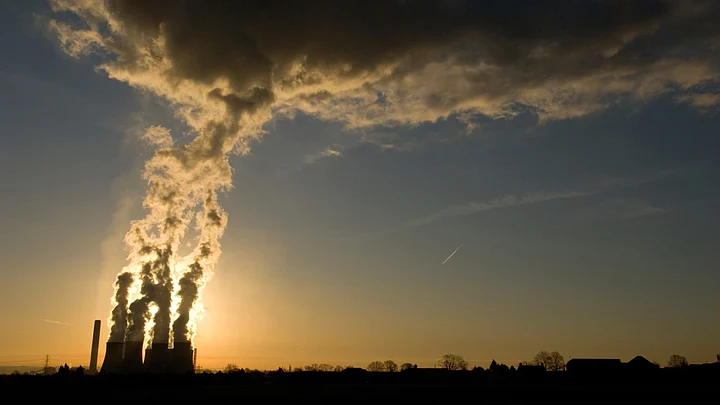Ozone Day = World ‘Sunscreen’ Day
Essentially, the ozone layer in the Earth’s upper atmosphere acts like sunscreen for the Earth and for us. It is our main protection against harmful UV radiation and any damage to it could have serious biological consequences including increased risks of skin cancer.
Discovering a massive “hole” in the ozone layer in the 1980s led to the signing of the Vienna Convention and the Montreal Protocol. Since 1994, 16th September has been celebrated as World Ozone Day to mark the date the Montreal Protocol was signed. This year also marks the 30th anniversary of the Vienna convention.
The agreements lay down legally binding commitments for reducing the production and use of ozone depleting substances (ODSs). The agreements succeeded in their aim – ODS use and production has sharply declined and the ozone layer has slowly begun to recover.
197 states have ratified the agreements and they have been described as being the “most successful international environmental agreements to date”.
So Why Aren’t We Celebrating?
Unfortunately, the ODS phase-out has had a major negative side effect. ODSs were replaced by class of chemicals called hydrofluorocarbons (HFCs) – these don’t affect the ozone layer as such but they are a massive contributor to global warming. Powerful greenhouse gases, HFCs are commonly used in ACs and fridges and hitting the brakes on their use is critical in the fight against climate change.
In order to deal with the HFC problem, countries have been trying to negotiate an agreement to phase them out under the Montreal Protocol -
- Unlike other treaties which have binding targets for only some countries, an agreement under the Protocol will make it mandatory for all countries to phase out HFCs.
- Increase in HFCs is directly linked to decreasing ODS use under the Protocol.
- The Protocol has a separate financing mechanism which for supporting countries in the phase-out.
However, two main objections have been raised during the HFC phase-out negotiations:
- Some countries see air conditioning as a necessity and are reluctant to do anything that might negatively affect AC availability.
- Some developing countries have argued that changing to HFC alternatives involves significant costs and they need guaranteed financial and technological support before they commit to any phase-out.
Where Does India Stand?
The Indian government recently took the lead in proposing amendments to the Protocol for phasing out HFCs at a conference in Bangkok this year.
India’s suggested amendments include a proposal to use the Montreal Protocol’s Multilateral Fund for financing phase-out costs and takes a pragmatic approach towards the transition.
India’s intervention was seen as a game changer since it ensured that the biggest developing and developed nations were committed to taking the process forward. The proposal also showed that India was now keen to play a proactive role in the climate change debate.
Summer is Coming: What Happens Next?
In its proposal, India said that its suggested amendment was “intended to support overall global efforts aimed at climate change protection”.
While differences still exist, the Bangkok conference ended on a positive note. Climate watchers now cautiously hope that 2015 will see a formal agreement on phasing out HFCs.
Along with being a significant achievement in itself, such an agreement would also bring us closer to a global agreement on how to effectively deal with climate change.
(Shalini Iyengar is a lawyer and researcher working in India)
